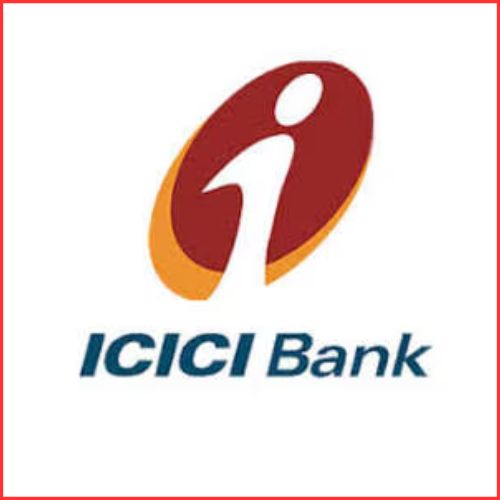The Securities and Exchange Board of India or SEBI has issued new directives to alternative investment funds (AIFs) in a bid to increase transparency and reduce mis-selling practices in the industry. The new norms, effective from May 1, 2023, will require AIFs to offer direct plans to investors without any distribution fee or placement fee, similar to mutual funds. In addition, SEBI has mandated that AIFs charge distribution fees only on a trial basis, except for upfront payments of distribution fees, for Category III AIFs.
AIFs are typically considered riskier investment products and may include hedge funds investing in listed and unlisted securities. The new SEBI directives are aimed at curbing mis-selling practices that may occur due to the arbitrage opportunities that distributors enjoy. These practices may result in distributors pushing investors towards AIFs, even if these niche products may not be appropriate based on the investors’ risk profiling.
Direct Plans and Fee Payments

SEBI has directed AIFs to offer investors a direct plan option that will not have any distribution or placement fees. The regulator has also mandated that investors who approach an AIF through a SEBI-registered intermediary, which charges the investor any fee, such as an advisory or portfolio management fee, should be on-boarded via a direct plan only. This measure aims to eliminate double-charging by intermediaries and ensure that investors can avail of direct plans without any additional fees.
Trail Model for Distribution Fees

SEBI has directed Category III AIFs to charge investors only on an equal trial basis, except for upfront payments of distribution fees. Previously, upfront commissions were banned for mutual funds and portfolio management services, and SEBI has now extended this ban to Category III AIFs. Under the trail model, investors will pay the committed amount in several tranches, and the distribution fee or placement fee will be spread over the years. SEBI’s new directives mandate that any distribution fee or placement fee paid should be only from the management fee received by the managers of such Category III AIFs.
For Category I and Category II AIFs, SEBI has allowed up to one-third of the total distribution fee to be paid upfront, with the remaining amount to be paid on an equal trial basis over the tenure of the fund. The regulator has also mandated that AIFs must disclose any distribution fees or placement fees to investors at the time of onboarding.
Impact of SEBI’s Directives
SEBI’s directives are expected to increase transparency in fee payments and reduce the incidence of misselling practices in the AIF industry. The regulator’s move to bring AIFs on a level playing field by removing arbitrage opportunities that distributors enjoy is expected to improve investor confidence in the industry. The direct plan option without any distribution or placement fees is likely to be attractive to investors who prefer low-cost investment products.
Industry players have welcomed SEBI’s move, stating that the elimination of upfront commissions and the trail model for distribution fees will benefit investors. The elimination of upfront commissions is expected to reduce the mis-selling of niche products to investors, while the trial model for distribution fees will align AIFs with mutual funds and portfolio management services.
Conclusion
SEBI’s new directives to AIFs are aimed at increasing transparency in fee payments and reducing mis-selling practices. The regulator’s move to require AIFs to offer direct plans without any distribution or placement fees and charge distribution fees only on an equal trail basis is expected to benefit investors. The new norms will be effective from May 1, 2023, and are expected to improve investor confidence in the AIF industry.















